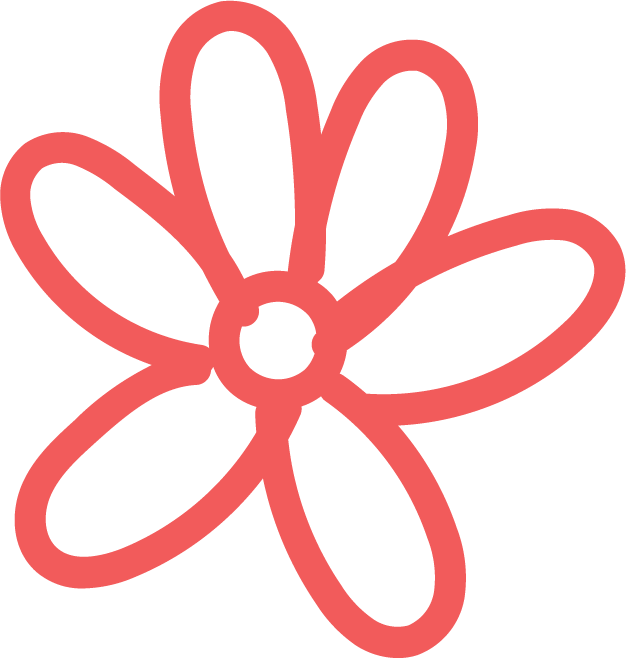Interstitial Cystitis

Understanding Interstitial Cystitis
Interstitial Cystitis (IC), also known as painful bladder syndrome, is a chronic condition that causes discomfort or pain in the bladder and the surrounding pelvic region. It is characterized by inflammation of the bladder wall and a decrease in the bladder's capacity to hold urine.
The symptoms of interstitial cystitis can vary from person to person but often include:
Frequent urination (sometimes as often as every 10-15 minutes)
Pain or discomfort in the bladder or pelvic area
A strong urge to urinate, even when the bladder is empty
Pain during sexual intercourse
Pain or discomfort in the lower back or abdomen
Painful or uncomfortable urination

Common Causes
The exact cause of interstitial cystitis is not fully understood. However, it is believed to be related to a defect in the protective lining of the bladder, which allows irritants in urine to penetrate the bladder wall and cause inflammation. Some factors that may contribute to the development of interstitial cystitis include:
Chronic bladder inflammation
Infection
Autoimmune disorders
Genetic predisposition
Pelvic floor dysfunction
Nerve damage
Allergies or sensitivities to certain foods or chemicals
Treatment Options

Treatment for interstitial cystitis is individualized and may involve a combination of different approaches.
There are options are available to help manage symptoms, these may include:
Medications, such as pain relievers, bladder relaxants, and antihistamines
Bladder instillations, which involve the injection of medication directly into the bladder
Physical therapy to strengthen the pelvic floor muscles and reduce muscle tension
Acupuncture
Electroacupuncture
Chinese Herbal Medicine
Supplements
Dietary changes, such as avoiding certain foods or drinks that may irritate the bladder
Surgery in severe cases where other treatments have been unsuccessful
How can Acupuncture help treat Interstitial Cystitis?
The exact mechanism of how acupuncture works to treat IC is not fully understood, but it is believed to involve several factors, including:
Reducing inflammation:
Acupuncture has been shown to reduce inflammation in the body by increasing the production of anti-inflammatory cytokines and decreasing the production of pro-inflammatory cytokines. This can help to reduce the inflammation of the bladder wall that is characteristic of IC.
Regulating the immune system:
Acupuncture has been shown to regulate the immune system by increasing the production of immune cells, such as T-cells and natural killer cells, and improving their function. This can help to prevent autoimmune reactions that may contribute to IC.
Modulating pain:
Acupuncture has been shown to stimulate the release of endorphins, which are natural painkillers produced by the body. This can help to reduce pain and discomfort associated with IC.
Improving blood flow:
Acupuncture has been shown to improve blood flow to the pelvic region, which can help to promote healing and reduce inflammation.
There are several Chinese herbal formulas that have been traditionally used to treat iC symptoms.
It's important to note that these formulas are often customized based on the individual's specific symptoms and constitution, as traditional Chinese medicine (TCM) emphasizes personalized treatment. Here are a few examples of Chinese herbal formulas that have been used in IC treatment:
Acupuncture may influence the balance of neurotransmitters in the brain, such as serotonin and dopamine, which play a role in regulating pain perception and mood. This modulation may be relevant in managing migraines.
-
This formula contains herbs such as Rehmannia glutinosa, Anemarrhena asphodeloides, and Phellodendron chinense. It is commonly used to nourish yin and clear heat in the body, which may help alleviate symptoms such as frequent urination, urgency, and pain.
-
Also known as Eight Herb Powder for Rectification, this formula includes herbs such as Plantago asiatica, Dianthus superbus, and Desmodium styracifolium. It is often used to promote urination and relieve symptoms such as burning sensation during urination, dark and scanty urine, and lower abdominal pain.
-
This formula contains six herbs, including Rehmannia glutinosa, Cornus officinalis, and Dioscorea opposita. It is frequently used to tonify kidney yin, which is believed to be beneficial for conditions associated with kidney imbalances, including IC.
-
This formula combines herbs such as Astragalus membranaceus, Atractylodes macrocephala, and Poria cocos. It aims to strengthen the spleen and nourish the liver, which can help address symptoms like urinary frequency, urgency, and discomfort.
Some studies have suggested that acupuncture may be beneficial in reducing IC symptoms and improving quality of life.
For example, a small-scale study published in the Journal of Urology in 2005 found that acupuncture provided significant improvement in pain and urinary symptoms compared to a control group. Another study published in the Journal of Traditional Chinese Medicine in 2014 reported that acupuncture combined with herbal medicine resulted in improvements in urinary frequency, urgency, and pain in IC patients. However, it's important to note that these studies had relatively small sample sizes, which limits the generalizability of the findings.
A pilot study published in the Journal of Alternative and Complementary Medicine in 2015 explored the use of acupuncture for IC. The results indicated that acupuncture led to improvements in pain, urinary urgency, and quality of life in the participants.
While the research on acupuncture and IC is still evolving, some potential mechanisms have been proposed to explain its effects. Acupuncture may help modulate the nervous system, reduce inflammation, and promote blood flow, which could contribute to symptom relief in IC patients.
